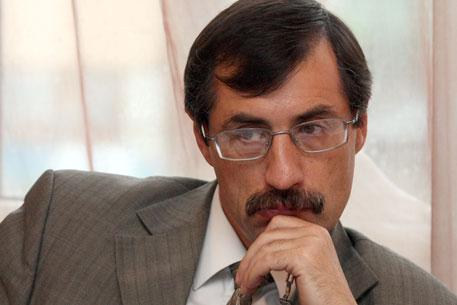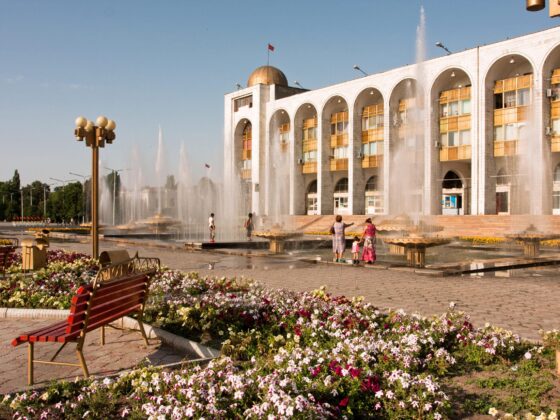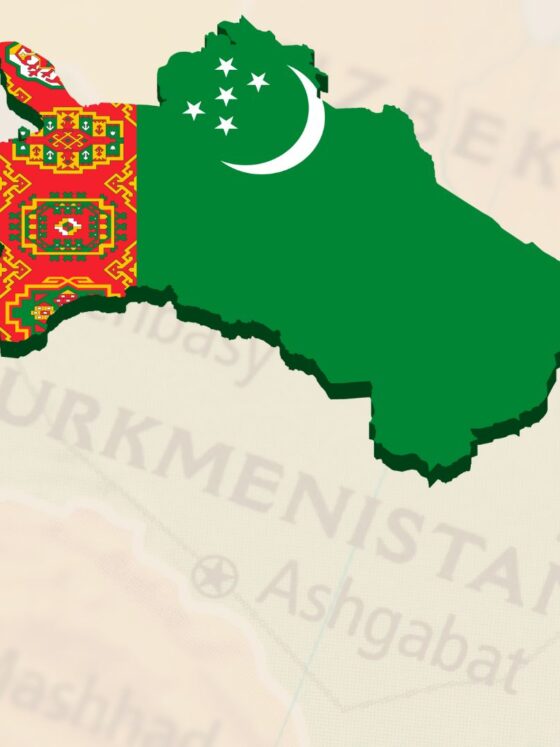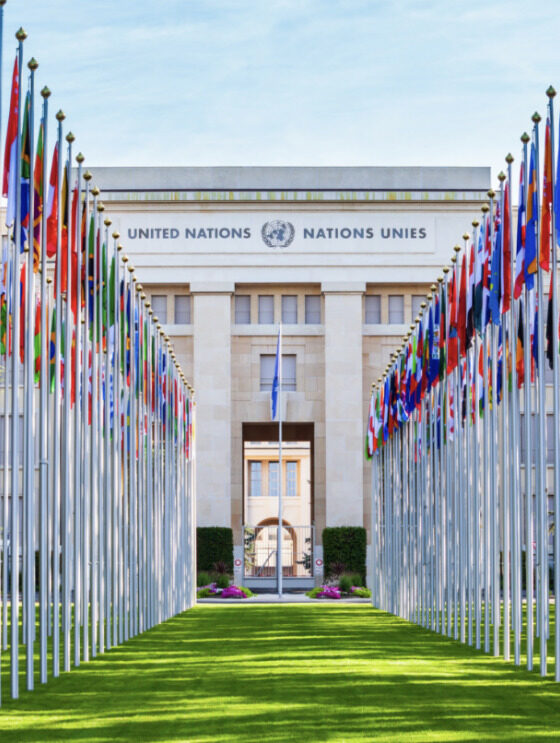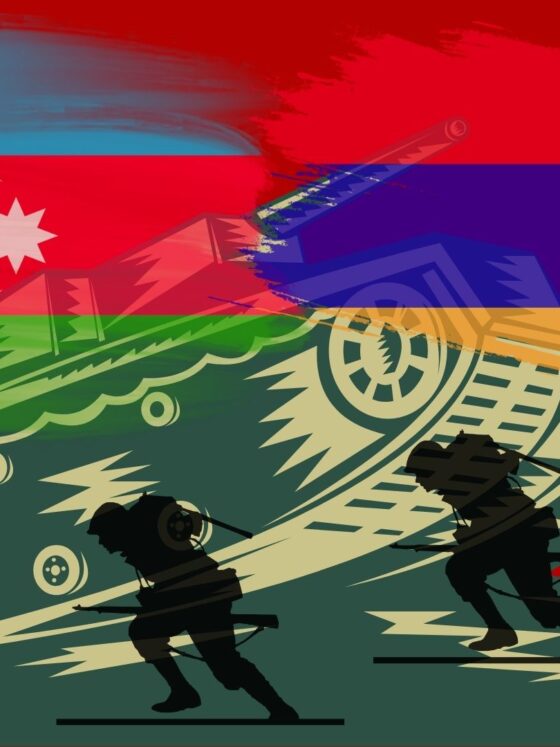Current Challenges Facing the Post-Soviet Societies of Central Asia
October 27, 2020
Virtual event hosted by Central Asia Program at the Institute for European, Russian, and Eurasian Studies at the George Washington University on October 27, 2020.
The Central Asia Program hosted an online discussion with renowned human rights lawyer Yevgeniy Zhovtis about how the future of Central Asian states is threatened by their inability to move past Soviet attitudes and the grasp of elite ruling circles. The event focused on concerns stemming from the continuing concentration of political power and wealth among former communist elite; a lack of real, independent and activist civil society, and nationalist and xenophobic trends among youth.
About Yevgeniy Zhovtis
Yevgeniy Zhovtis is a prominent human rights lawyer and the current director of the Kazakhstan International Bureau for Human Rights and the Rule of Law, as well as a member of the OSCE/ODIHR Panel of Experts on Freedom of Assembly and the board of the International Bar Association Human Rights Institute. Before graduating with honors from the High Law School “Adilet” in 1999, Zhovtis served as a union leader in the early 1990s and has been an outspoken critic of human rights violations in Kazakhstan for the past 30 years.
Zhovtis has been the recipient of numerous human rights awards, including the EU and U.S. Democracy and Civil Society Award in 1999, the Friedrich Ebert Stiftung Human Rights Award in 2007, and the Norwegian Helsinki Committee Andrey Sakharov Freedom Award in 2010.
Moderator
Sebastien Peyrouse, PhD, is a research professor at the Central Asia Program in the Institute for European, Russian and Eurasian Studies (George Washington University). His main areas of expertise are political systems in Central Asia, economic and social issues, Islam and religious minorities, and Central Asia’s geopolitical positioning toward China, India and South Asia.

